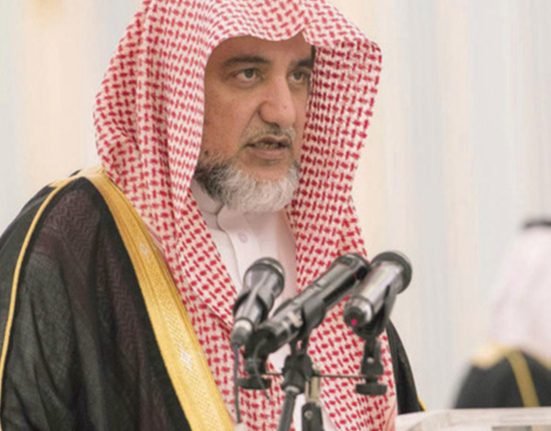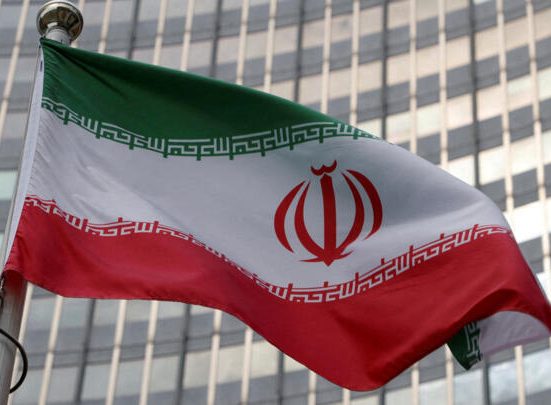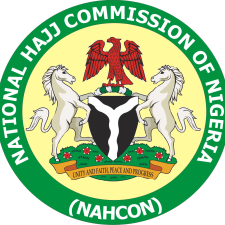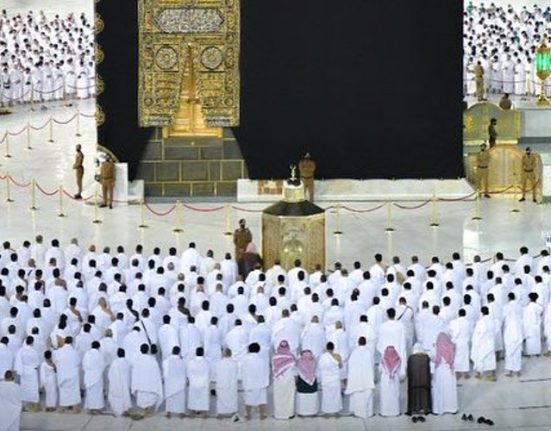Israeli Prime Minister Benjamin Netanyahu has reportedly tendered a formal apology to the Emir of Qatar following an unexpected missile strike that landed in Doha, the Qatari capital, triggering diplomatic concerns and regional unease.
According to diplomatic sources familiar with the matter, the incident involved ballistic missiles that were initially part of Israel’s ongoing military operations in the region but, due to what has been described as a “targeting error,” veered off course and struck areas within Qatari territory. While the full scale of damage remains under review, initial reports indicate that civilian infrastructure in a non-military zone was affected, though there were no immediate reports of mass m
The Israeli government, in swift diplomatic outreach, conveyed regret over the incident, with Netanyahu reportedly contacting the Qatari leadership directly to offer an unreserved apology. In the message to His Highness Sheikh Tamim bin Hamad Al Thani, the Emir of Qatar, Netanyahu is said to have expressed deep regret over the error, stressing that it was not a deliberate act of aggression but a technical mishap arising from the complexities of ongoing military engagements in the region.
The Prime Minister assured the Qatari government that a thorough investigation is underway to determine how the misfire occurred and what measures would be put in place to prevent any future recurrence. He also reiterated Israel’s respect for Qatar’s sovereignty and emphasized the importance of maintaining diplomatic dialogue to avoid escalation.
Qatar, a key player in regional diplomacy and humanitarian mediation, particularly in the Gaza-Israel conflict, is yet to issue an official response. However, observers note that the Gulf state has previously played pivotal roles in hostage negotiations and aid delivery, which makes the incident particularly sensitive given its neutral positioning and open channels with multiple stakeholders in the Middle East.
The apology from Netanyahu comes at a time of heightened volatility in the region, where any miscalculated military move can inflame broader tensions. International actors, including the United Nations and major diplomatic powers, are closely monitoring the situation, urging all parties to exercise restraint and prioritize diplomatic resolution over retaliation.
While the strike has momentarily strained ties, analysts believe the swift diplomatic response may help de-escalate what could have been a major international incident. The coming days are expected to reveal how Qatar chooses to respond and whether bilateral engagement will lead to a quiet resolution or prompt further international mediation.







